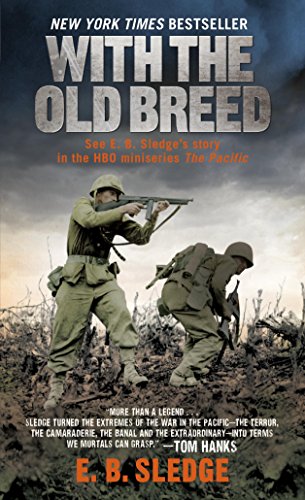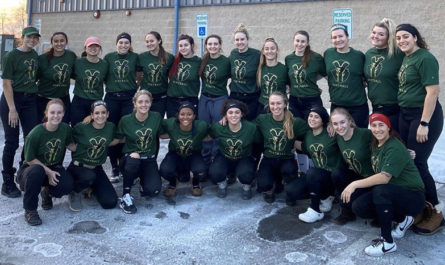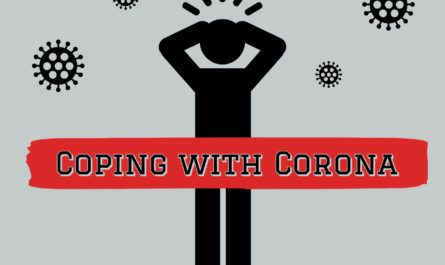A Marine in the Second World War on Peleliu. Hell. Machine guns blaring, enemy mortars blaring, all while you are trying frantically to set up your own mortar in the coral rock with your buddy. Such is a scene that would be typical for the mortarman during the battle of Peleliu, Marines or Army.
War is hell for those who are in it, affected by it, or surrounded by its immense potency. Rotting corpses engulfed in the mud, a head sticking up, a boot slightly out with almost no sole left, a weapon rusted lays unused and rendered useless, a half-skeleton, half- slightly-decomposed-human face dot the landscape. Such is the scene of a horrendous and brutal battlefield on the island of Okinawa, as described in With the Old Breed on Peleliu and Okinawa, by Eugene B. Sledge. The pseudo-Bushido and fanaticism of the Japanese, or the camaraderie and freedom-loving mentality of the American Marine, soldier, and sailor; which would defeat the other?
Sledge emphasizes the reluctance of the average Japanese soldier to surrender due to their militaristic view of death before disgrace, and mentions the horrific treatment of POWs at their hands. Oftentimes, a Japanese “surrender” would be a bluff, and they would sacrifice themselves to take down a corpsman, medic, or more… Those that did surrender out of good faith would be mistrusted by the Marines of the 1st Marine Division (there are quite a few examples of this beginning on Guadalcanal well before Sledge was able to join the marines and continuing throughout the war, even in the Battles for Okinawa and Iwo Jima).
Moreover, news got out at the mistreatment of the allied POWs in Japanese hands which only further intensified the front-line Marine’s distrust of them. A famous case of an abused American POW was airman and former Olympic star, Louie Zamperini of “Unbroken” fame. An example of the mistrust or just disdain for Japanese POWs exists in the memoir itself. Sledge and the rest of Company K, 3rd Battalion, 5th Marine Regiment, 1st Marine Division were passing by some Japanese POWs taken by some rear-echelon Army intelligence lieutenant during the late stages of the Battle for Okinawa. One of the Japanese POWs decided to display one last act of defiance by standing in a Marine’s way. This resulted in some shoving, slurs, an argument, and a few Army grunts more sympathetic to the plight of the Marine infantrymen then to their own intelligence officer. A Marine officer took the side of his men and told the army Lieutenant to get his prisoners to the side or to expect them to get treated that way.
In the liberal society of today one is apt to view the Marines as being too cruel. However, when one considers the context, they were in a situation that would “piss” someone off something fierce. One must consider the context of the situation within which the U.S. Marine found himself in. For starters, the horrific acts committed by the Japanese in the forms of various war crimes. In addition, Sledge’s book highlights the many challenges and hardships faced by men of the First Marine Division on Peleliu and Okinawa. No change of clothes at all (for weeks of fighting, and he uses the marines “Boondockers,” or shoes and their wear and tear as an example), a severe lack of sleep, lack of “good food” (as one does not need to be an expert in the field to know that the K and C rations were infamous for their unappetizing qualities and lack of menu options) making one’s diet both bland and monotonous, as Sledge makes abundantly clear alongside his hatred for Spam. Amidst all of these hardships there is an enemy with rifles, bayonets, mortars, tanks, artillery, the whole nine yards, and the received shelling may be enough to shatter the nerves and break one’s will. When an older person speaks of the younger generation, they are all too apt to describe them as being unable to handle the hardships they faced. But, in the case of the “Greatest Generation” there were multiple hardships they faced namely the Great Depression, the Second World War, and for those like Eugene Sledge of the First Marine Division, after WW2 some action in the Chinese Civil War immediately following the capitulation of the Japanese because they needed a third campaign to be rotated home.
A student must go into reading the memoir as an instructional and enlightening piece regarding the hardships one would face in combat. This narrative is not an overall bash against one people or another even though one was victorious, but a bash against needless, costly war and casualties as Sledge himself makes it abundantly clear that even some WW2 battles could have been avoided without damaging the war effort too much and saving the lives of many. Moreover, the war itself deeply, irrevocably, and undeniably affected those who served in it for the rest of their lives, to the point where some, such as Sledge himself, would not perform certain acts or behaviors (such as dove hunting), for it would trigger flashbacks of the war itself and even more potent reminder on the hell that is war. Sledge writes with good prose, and style that makes one sympathetic and empathetic to the plight of the United States Marine in WW2.


 by
by 

